Norwich church bought by Catholic diocese
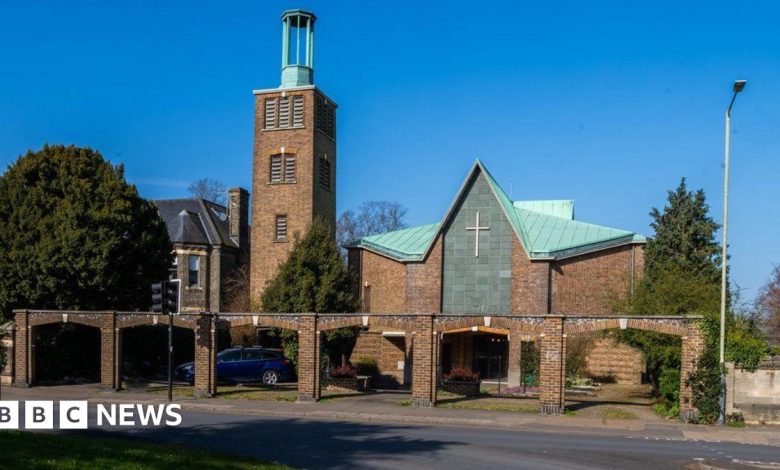
The city of Norwich, with its rich history and diverse cultural landscape, has just witnessed a heartwarming development that will bring joy to many in the community. A church that was put up for sale, the Trinity United Reformed Church (URC), has found a new purpose and will continue to serve as a sacred space, thanks to its recent acquisition by the Catholic Diocese of East Anglia (CDEA). This beautiful church, nestled in the heart of Norwich, had been a place of worship and solace for many for decades, but unfortunately, it was forced to close its doors last September due to dwindling congregation numbers and the retirement of its minister. The news of its closure was met with sadness by the community, but the future of this beloved church has taken a turn for the better.
As the Catholic Diocese of East Anglia took ownership of the church, it marked the beginning of a new chapter in the life of this stunning building. The CDEA has announced that the site, which is conveniently located next to the magnificent St John’s Catholic Cathedral, will be utilized as a base for the area’s thriving Syro-Malabar Catholic community. This community, which originates from South India, will now have a dedicated space to practice their faith, connect with one another, and maintain their cultural heritage. The Syro-Malabar Catholic Church is one of the oldest Christian communities in the world, with roots dating back to the apostolic era, and its presence in Norwich is a testament to the city’s diverse and inclusive spirit. The acquisition of this church not only ensures that the building will continue to serve as a place of worship but also highlights the importance of preserving the cultural and spiritual identity of this vibrant community.
The Trinity United Reformed Church itself is a remarkable example of modern architecture, with a rich history that spans over six decades. Designed by the renowned architect Sir Bernard Feilden, who also served as the consultant architect for the University of East Anglia, the church was built in 1956 and boasts a unique blend of traditional and modern elements. The building’s Grade II listed status is a testament to its architectural significance, and its preservation is a reflection of the community’s commitment to protecting its cultural heritage. The church’s design, which features a striking façade and a spacious interior, has been praised for its simplicity, elegance, and functionality. As the new home of the Syro-Malabar Catholic community, the church will undergo some necessary modifications to meet the specific needs of the community, but its original character and charm will be carefully preserved.
The Syro-Malabar Catholic community in Norwich is thrilled about the opportunity to call the Trinity United Reformed Church their new home. For many members of the community, this church represents a connection to their roots and a chance to practice their faith in a supportive and inclusive environment. The community has been growing steadily over the years, and the acquisition of this church provides them with a much-needed space to conduct their religious services, cultural events, and social activities. The church will also serve as a hub for the community to come together, share their experiences, and pass on their traditions to future generations. As the community begins to settle into their new home, they are eager to engage with their neighbors, build relationships, and contribute to the rich cultural tapestry of Norwich.
The acquisition of the Trinity United Reformed Church by the Catholic Diocese of East Anglia is a significant development that has far-reaching implications for the community. Not only does it ensure the preservation of a historic building, but it also provides a much-needed space for the Syro-Malabar Catholic community to thrive. The church will become a vibrant hub of activity, with regular services, cultural events, and social gatherings that will bring people together and foster a sense of belonging. As the community continues to grow and evolve, the church will remain a constant presence, a symbol of hope, faith, and resilience. The story of the Trinity United Reformed Church is a testament to the power of community spirit, the importance of preserving our cultural heritage, and the enduring significance of faith in our lives.
As the city of Norwich looks to the future, the acquisition of the Trinity United Reformed Church by the Catholic Diocese of East Anglia serves as a reminder of the importance of embracing diversity, preserving our cultural heritage, and fostering a sense of community. The church, with its rich history and stunning architecture, will continue to be a source of inspiration and comfort for generations to come. As the Syro-Malabar Catholic community settles into their new home, they are eager to share their story, their culture, and their faith with the wider community, and to contribute to the vibrant tapestry of Norwich. The future of the Trinity United Reformed Church is bright, and its significance extends far beyond its walls, representing a beacon of hope, a symbol of community spirit, and a testament to the enduring power of faith and culture to bring people together.




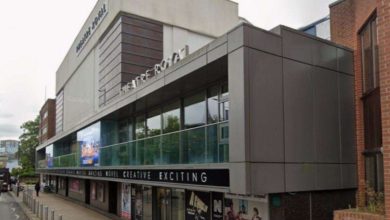
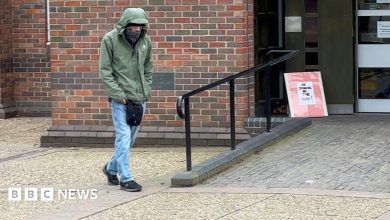
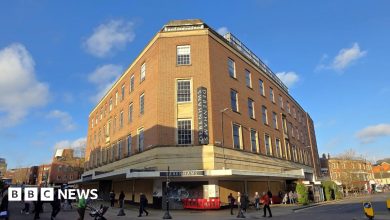
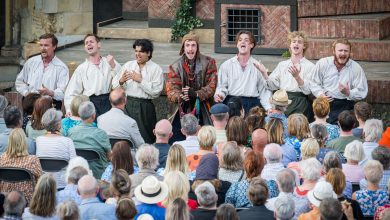
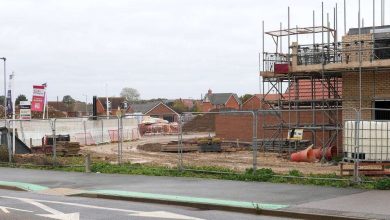
I don’t think the title of your article matches the content lol. Just kidding, mainly because I had some doubts after reading the article.